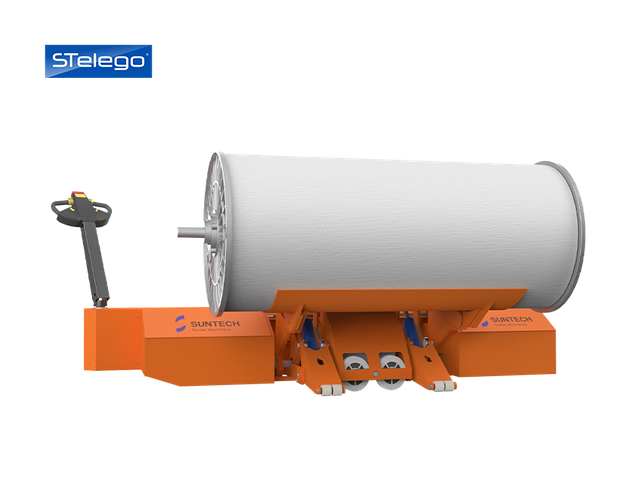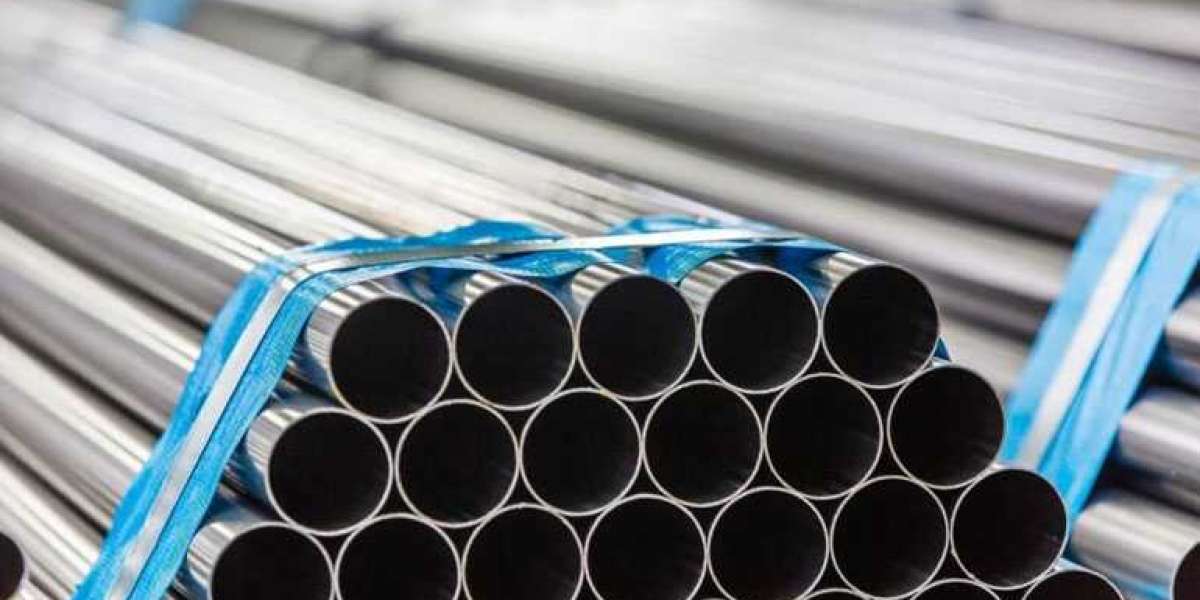In the dynamic world of industrial operations, the significance of material handling equipment cannot be overstated. These tools and machines are pivotal in ensuring the smooth, efficient, and safe movement of goods within a facility. This blog post delves into the importance of material handling equipment in industrial settings, exploring various facets that underscore their critical role.

Enhancing Operational Efficiency
One of the primary benefits of material handling equipment is the enhancement of operational efficiency. In industrial settings, time is money. The ability to move materials swiftly and accurately can significantly reduce production times and increase throughput. For instance, conveyor systems streamline the transportation of goods across different stages of production, minimizing manual labor and reducing the risk of human error.
Improving Workplace Safety
Safety is a paramount concern in any industrial environment. Material handling equipment plays a crucial role in mitigating risks associated with manual lifting and transportation of heavy loads. Forklifts, pallet jacks, and automated guided vehicles (AGVs) are examples of equipment that help prevent workplace injuries by handling heavy and bulky items efficiently. By reducing the physical strain on workers, these machines contribute to a safer and more ergonomic workplace.
Optimizing Space Utilization
Effective space utilization is another critical aspect of industrial operations. Material handling equipment such as stackers, shelving systems, and automated storage and retrieval systems (AS/RS) enable businesses to maximize their storage capacity. By organizing materials in a systematic and accessible manner, these tools help in maintaining an orderly workspace, which in turn enhances productivity and reduces the time spent searching for items.
Boosting Productivity and Profitability
The ultimate goal of any industrial operation is to boost productivity and profitability. Material handling equipment is instrumental in achieving this objective. By automating repetitive tasks, these machines free up human resources to focus on more complex and value-added activities. For example, robotic arms can handle tasks such as sorting and packaging with high precision and speed, leading to increased output and reduced operational costs.
Adapting to Technological Advancements
In today's rapidly evolving industrial landscape, staying abreast of technological advancements is crucial. Modern material handling equipment is often integrated with advanced technologies such as IoT, AI, and machine learning. These innovations enable real-time monitoring, predictive maintenance, and data-driven decision-making, further enhancing the efficiency and reliability of industrial operations.
Conclusion
The importance of material handling equipment in industrial settings is multifaceted, encompassing operational efficiency, workplace safety, space optimization, productivity, and technological adaptation. By investing in the right material handling solutions, businesses can not only streamline their operations but also create a safer and more productive work environment. As industries continue to evolve, the role of material handling equipment will undoubtedly become even more critical, driving innovation and growth in the sector.
In summary, the significance of material handling equipment in industrial settings is undeniable. These tools are the backbone of efficient and safe industrial operations, and their importance will only continue to grow as technology advances and industries expand.








